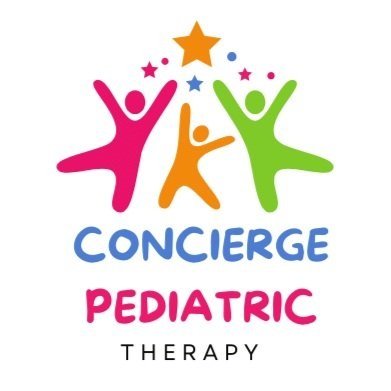Benefits of Children Cooking
Cooking with your child can help gain many great benefits. First and foremost, it is a nice way to have fun with your child, despite the possible mess. Cooking develops a variety of good skills including:
Exploring and discovery – it can help get children to open up to new smells, textures, and tastes. Taste testing what they prepared for the family is often more readily accepted than their willingness to try to eat from a pile of something on their plate.
Following directions – model them, practice them and enjoy the benefits of having their tasty food they made as a direct result of following the recipe.
Self-confidence – enjoying the food they have prepared and cooked gives children an opportunity to feel successful through their accomplishment.
Reading skills – a chance to learn and practice reading about something new and exciting in a fun environment using the recipes and labels.
Math and measuring – learning about various units of measurements and fractions, while using measuring cups and spoons to make a recipe.
Sensory skills – uses fine motor skills while doing things like measuring and stirring. It also uses their sense of smell, touch, taste, sight, and hearing.
In effort to help enjoy cooking with your child, it is certainly helpful to be equipped with the right tools. Some of my favorites kitchen tools include: an apron, plastic bowls, plastic measuring cups, and children’s nylon chef knifes. There are many brands of chef knifes and my favorites are: StarPack Nylon Kitchen Knife Set (3 Piece), Curious Chef 3-Piece Nylon Knife Set, and Tovla Kids 3-Piece Nylon Kitchen Knife Set.
Cooking can be particularly beneficial for children with pediatric feeding disorders, offering a therapeutic and engaging way to address challenges with eating and food acceptance. By involving children in meal preparation, they become more familiar with different foods, textures, and smells in a low-pressure environment, which can reduce anxiety around eating. The sensory experience of touching, smelling, and even tasting ingredients during cooking can help desensitize aversions and encourage a positive relationship with food. Cooking also provides opportunities for skill-building, such as practicing fine motor coordination through tasks like stirring, cutting soft foods, or arranging ingredients, which can support oral-motor development and coordination. Additionally, the process fosters a sense of control and choice, allowing children to feel empowered in decisions about food while gradually introducing new flavors and textures in a way that feels safe and enjoyable. Most importantly, cooking together creates a positive association with mealtime, transforming it from a potentially stressful event into a fun and rewarding experience that builds confidence and encourages progress.
While having fun cooking and learning, please always remember to be safe and supervise your child in the kitchen at all times!


